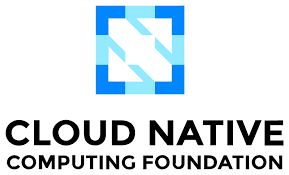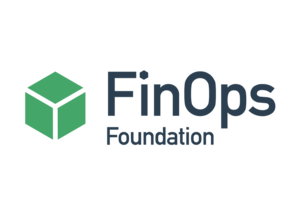Cloud Native
By leveraging the power of the cloud, our engineering solutions can help your business to achieve faster time-to-market, increased productivity, and improved collaboration.

Table Of Contents
Kubernetes
Kubernetes is a powerful and complex system for container orchestration, but it can also be difficult to navigate and manage. That’s where we can help you. Our team of experts has a deep understanding of Kubernetes and can help your organization leverage its full potential. Whether you’re just getting started with Kubernetes or looking to optimize your existing deployment, we can provide the guidance and support you need. With our help, you can take on the complexities of Kubernetes with confidence and achieve your desired outcomes.
Read our FAQ entry about Kubernetes.
So, don’t let the complexities of Kubernetes hold you back – let us help you succeed.
Prometheus
If you’re looking to improve the observability of your cloud-native applications, using the Prometheus ecosystem is the de-facto approach to consider. However, setting up and maintaining a Prometheus monitoring stack can be complex and time-consuming, especially when considering long-term storage and durability.
Observability stacks
We have extensive experience in building and optimizing Cloud Native observability stacks (Prometheus/Thanos/Mimir, Loki, Grafana). We can also help with training your DevOps teams for the effective use of these observability platforms.

Cloud native observability stacks provide organizations with the tools and technologies needed to effectively monitor and observe the behavior of cloud native systems in real-time. These stacks typically include a combination of logging, tracing, and metric collection tools, which can be used to collect and analyze large amounts of data about system behavior. By using cloud native observability stacks, organizations can gain a more complete and accurate view of how their systems are functioning, which is critical for ensuring reliable and performant operation in complex, distributed environments.
In addition to providing visibility and understanding of system behavior, cloud native observability stacks can also help organizations to identify and troubleshoot issues, optimize system performance, and make more informed decisions about how to improve their systems over time. By embracing cloud native observability stacks, organizations can gain the insights and understanding they need to operate and manage their cloud native systems more effectively and efficiently.





